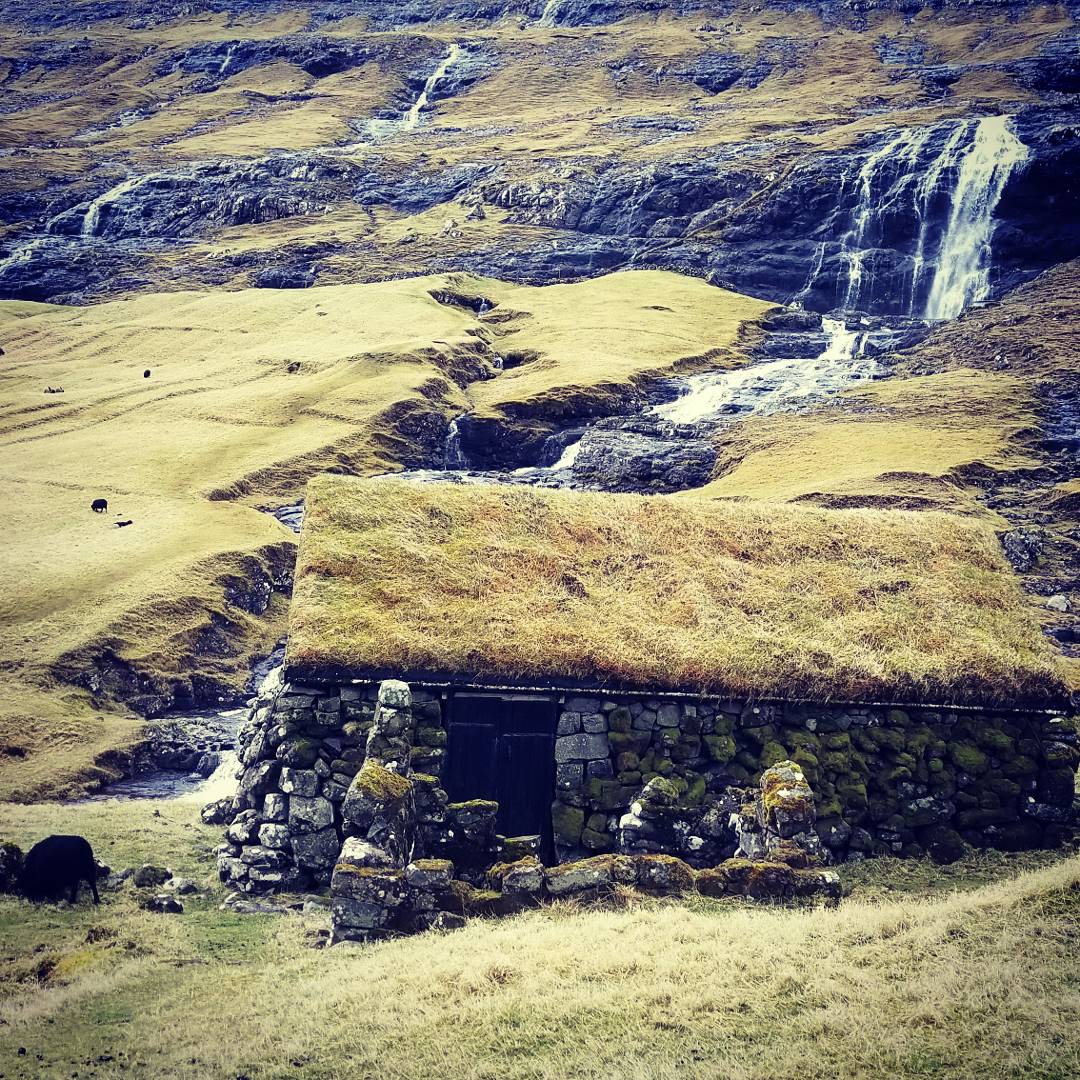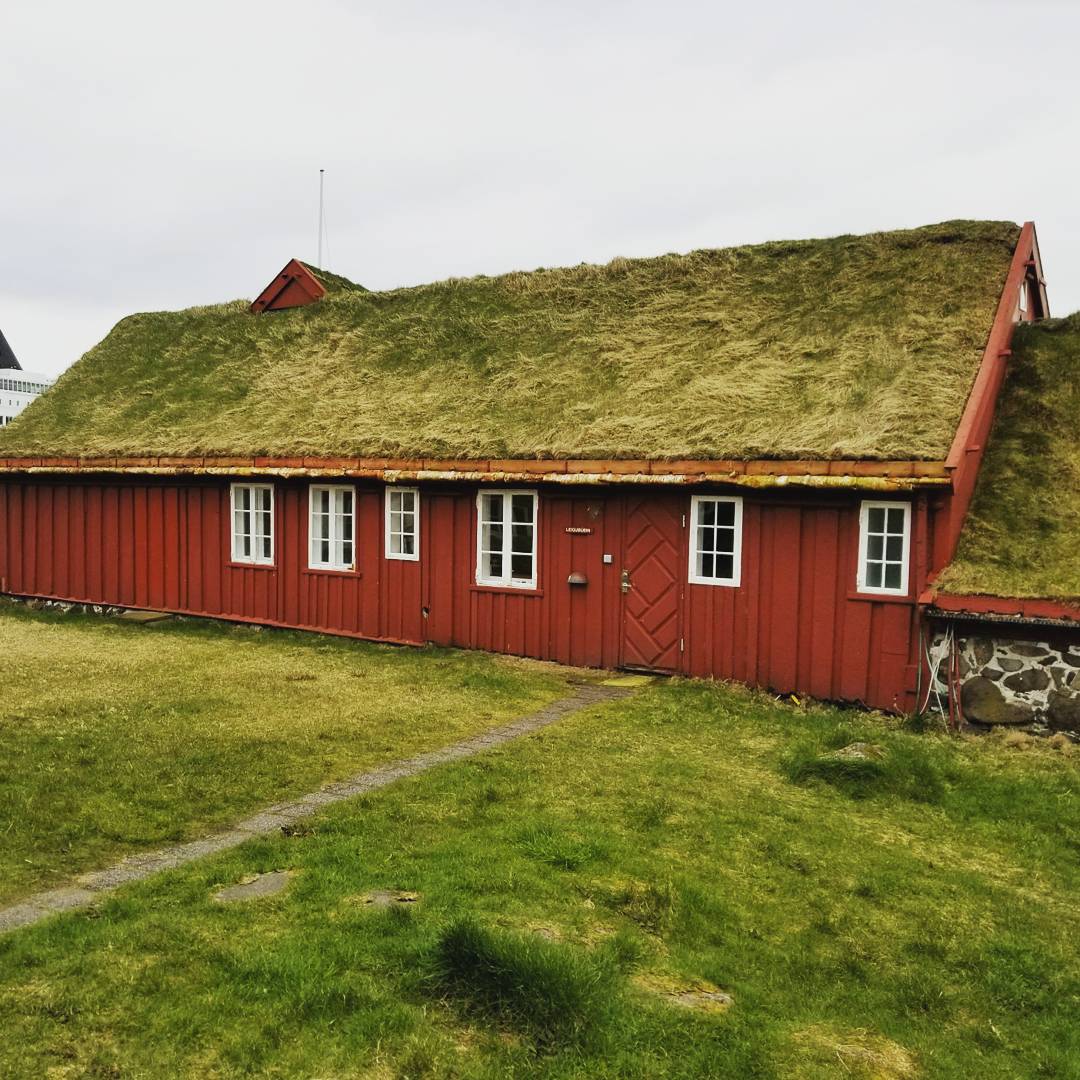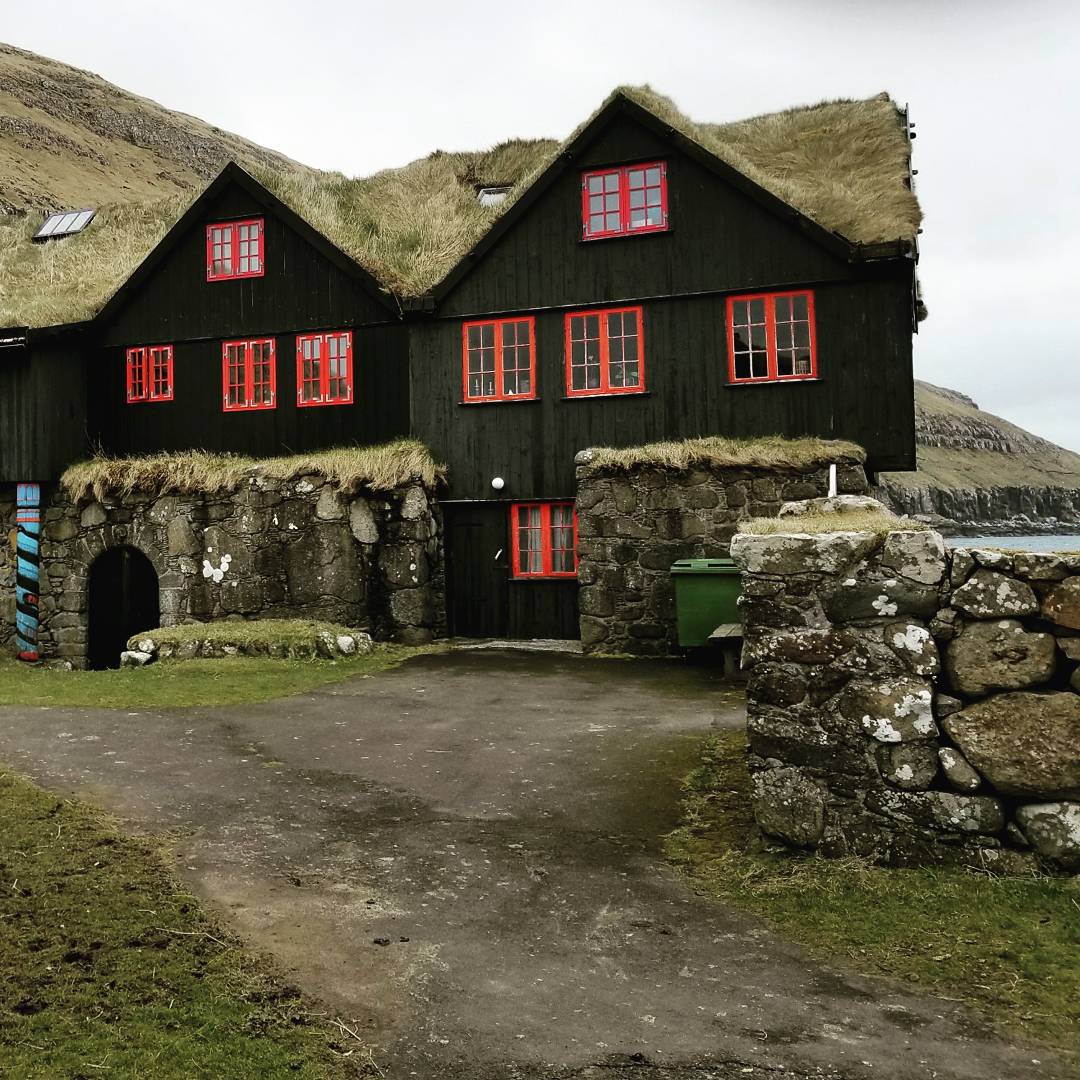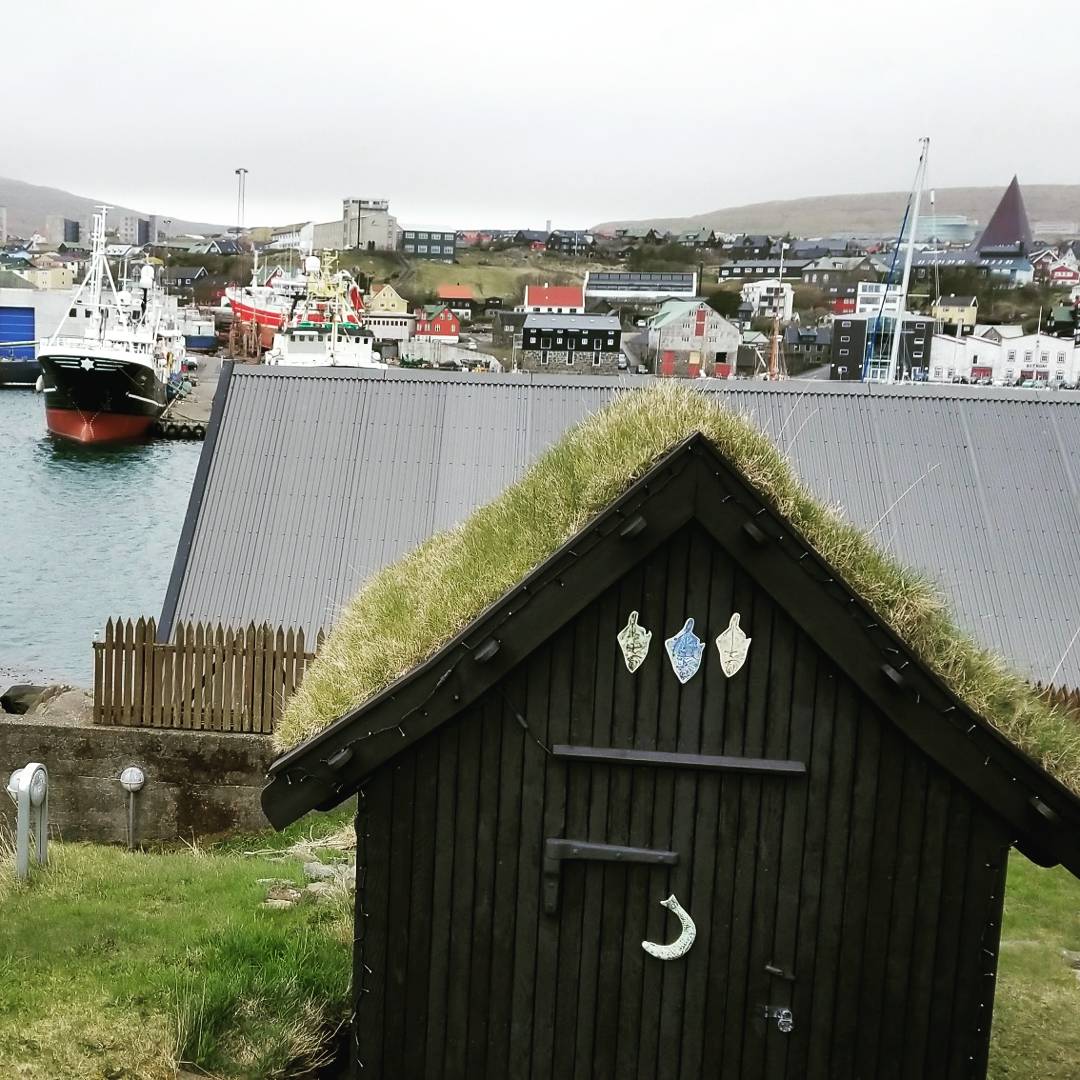In an age when luxury cruise ships run to Antarctica and discount airlines fly weekenders to Iceland, it’s reassuring to know that there are still some undiscovered spots on the globe. Places that are challenging to reach are getting fewer and far between, which make them even more precious for those travellers who like to get beyond the maddening crowds.
Getting to the Faroes - Two Options
For example, travelling to the Faroe Islands feels like stepping into the pages of a fantasy novel. To get there, travellers must fly through Iceland, Scotland, Denmark or Norway. Or, for the truly adventurous, take a 2-day ferry trip from Northern Denmark.
Travellers who complete the journey will find themselves in a world that might have been built by JRR Tolkien. The islands are incredibly lush and green, but the stark cliffs and wind coming off the ocean keeps them treeless. For insulation and warmth from the rainy winters, the Faroese plant hardy grasses on the top of their homes to soak up water. These “Green Roofs,” invented hundreds of years before anyone else, are found on top of everything from ancient ruins to elegant mansions.
If the houses are reminiscent of Hobbit holes, the food could easily appear in a George R.R. Martin novel. The waters around the islands teem with salmon, and fresh mutton makes a key appearance at every meal. Vegetarians be warned - although potatoes grow on the islands, all other vegetables must come by ship.
For those who enjoy mastering Dothraki, Valyrian or Quena, it should be easy to pick up the basics of Faroese, which is a straightforward descendent of Old Norse. Although Faroese is the first language on the islands, most people will have no problem speaking and understanding English.
Luckily, unlike fantasy novel heroes who must make grueling journeys through perilous conditions, renting a car is easy. Car ferries to the 6 main islands depart from Torshavn harbor regularly. Charter boats also operate fishing and birding expeditions to the other islands, most of which have no more than a few dozen inhabitants.
Torshavn Harbor
Although travellers can easily avoid the difficult bits of the hero’s journey, the islands are home to the good parts. There are few major hotels or restaurant chains on the islands. Instead, travellers stay at inns, guesthouses and BnBs, where fresh-cooked meals are prepared by the hosts and ales are drunk beside roaring fireplaces.
The Village of Gjogv, on the Northern tip of Eysturoy island.
The Village of Funningar
During the summer, the islands enjoy 20 hours of sunlight a day. The magical atmosphere fuels a vibrant folk music scene, with regular concerts and festivals sponsored by the Nordic House. Although there are no beaches, a few hardy souls do enjoy dips in the chilly North Atlantic Waters
Perhaps it’s for the best that the Faroes remain so remote. After all, what’s a great adventure story without a little challenge?
A local swimming hole in Gjogv








